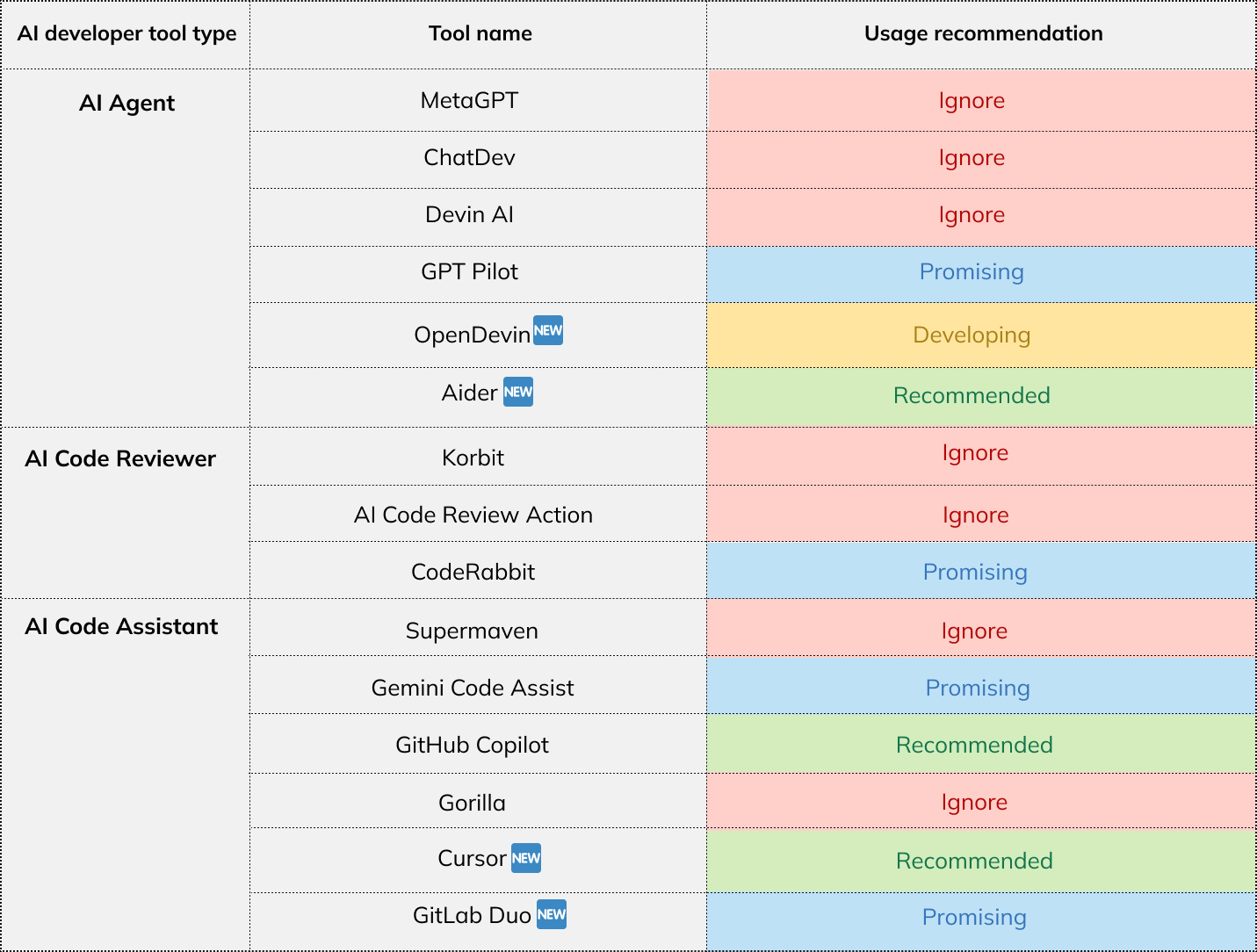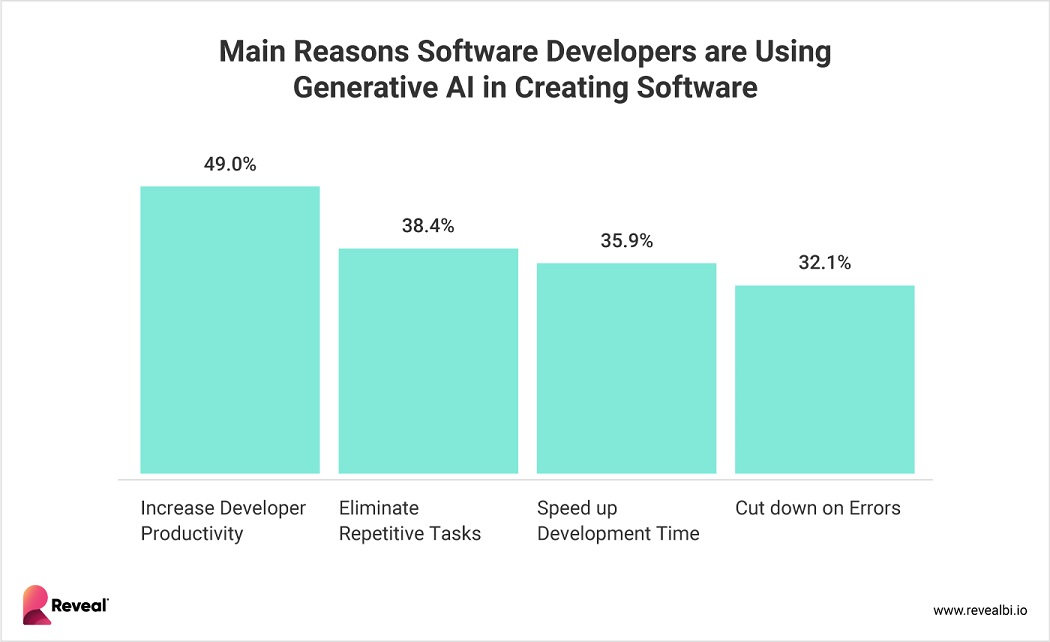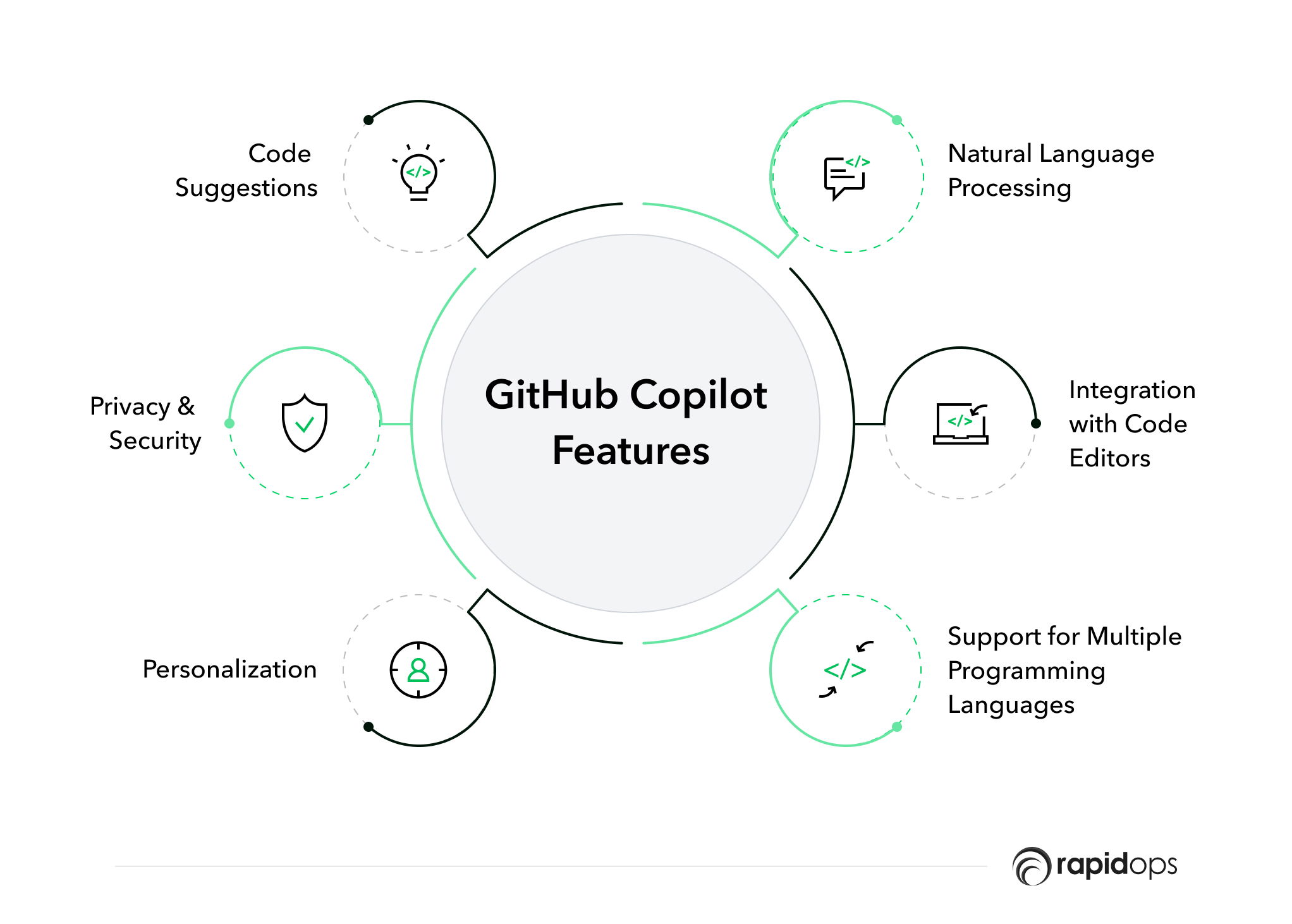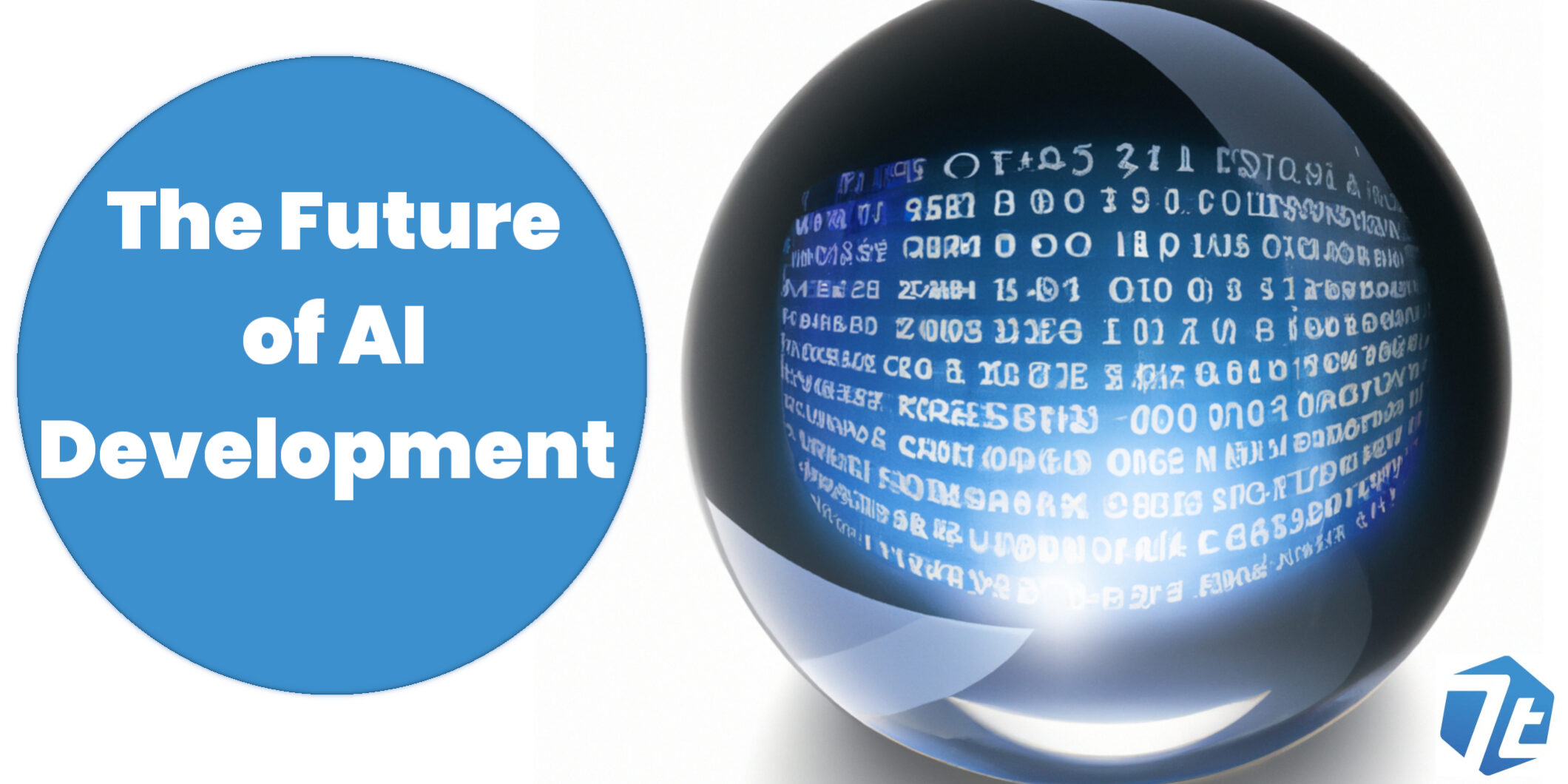
AI and the Future of Coding: Should Developers Be Worried?
Recent findings have shed light on a remarkable trend within software development: 97% of developers are now tapping into AI coding tools. This significant uptake raises critical questions about the future of human coders in an era when algorithms increasingly contribute to code generation.

Exploring the intersection of AI and software development
In a provocative statement, Google CEO Sundar Pichai revealed that AI contributes to more than a quarter of new code produced at the tech giant. His comments have ignited discussions across the industry, as professionals grapple with the implications for their roles. According to Pichai, the process involves human oversight, with engineers personally reviewing and accepting the AI-generated code in order to enhance productivity. “This helps engineers do more and move faster,” he noted.
However, a Google employee anonymously shared on Hacker News that the capabilities of AI in this domain might be overstated. They likened AI to a sophisticated autocomplete tool, primarily effective in completing code snippets rather than crafting innovative solutions. “The code completion engine is basically just good at finishing the lines I’m writing,” they commented. This perspective emphasizes a crucial point: while AI can assist with basic coding tasks, it falls short when tasked with genuine engineering challenges.
Navigating Mixed Reactions
As with any technology, reactions from developers are very much mixed. One software engineer highlighted the pressing concerns regarding the quality and maintainability of AI-generated code. “Now we have Google, THE GOOGLE, dumping code with no author directly into their product. What a shitshow,” they lamented, alluding to the future risks of relying on machine-generated code without human expertise. The developer expressed uncertainty about what this trend means for maintenance and overall quality: “I have no idea what this will look like in five or ten years, but I’m not confident it will be good.”

Deep dives into developers’ fears regarding AI in coding
Another developer chimed in, illustrating the practical implications of trusting AI for complex business logic. “For almost any real code, when I do let Copilot write it, I end up having to basically rewrite it from scratch or edit it to the point of being unrecognizable for anything with more complicated business logic than a basic algorithm,” they shared. This underscores a fundamental truth: while AI has made coding tasks faster and easier, human intuition and expertise remain irreplaceable.
Optimism Amidst Uncertainty
Despite these concerns, it’s important not to overlook the benefits AI brings to the development landscape. During GitHub Universe 2024, CEO Thomas Dohmke emphasized that the developers themselves are at the forefront of AI innovation, leveraging these tools to enhance their workflows. “You’re using AI to build AI,” he stated, acknowledging the rapid adoption of AI tools, particularly in the Python programming community.
Dohmke shared insights about the foundational pillars of GitHub Copilot, illustrating how these AI integrations serve at various points in the development lifecycle. Importantly, GitHub offers developers the ability to opt-out of AI assistance should they choose to do so. This adaptability suggests a future where developers and AI co-exist, each complementing the other’s strengths.

The duality of AI impact on coding
The concept of conversational coding is also on the rise, as seen with tools like ChatGPT and the Copilot Chatbot. Dohmke described a vision reminiscent of the famed assistant from Iron Man, where coding can be accomplished through natural language queries. Such innovations may redefine how we interact with technology, bringing coding into reach for those who might have otherwise hesitated to dive into programming.
A Paradigm Shift on the Horizon
Looking ahead, the notion of AI becoming core to the development process has the potential to revolutionize how we approach coding altogether. Dohmke spoke of a shift toward AI-native solutions where AI isn’t just intertwined but fundamentally integrated into the developer experience.

Visualizing an AI-native developer experience
GitHub Copilot Autofix represents a significant leap in addressing software vulnerabilities by employing AI to analyze code. With the increasing complexity of software security, the ability to accelerate the remediation of existing vulnerabilities becomes paramount. The integration of automated testing and security measures could lead to a more streamlined approach to vulnerability management, reducing the backlog of security issues developers face.
The Road Ahead
As we navigate these changes, the conversation around AI in coding brings both excitement and trepidation. Although AI coding tools can facilitate speed and efficiency, the reliance on automation must be balanced with the imperative of human oversight. Experts caution against the redundant risk of employing AI to validate AI, noting, “It’s hard to use AI to trust AI for the same reason people often miss their own mistakes,” as pointed out by David Timothy Strauss, CTO at Pantheon.
As we look to the future, we find ourselves on the brink of transformation in the coding landscape. With AI’s advancing capabilities in reasoning and problem-solving, it’s likely that the actual coding process will undergo significant change.
AI tools are rapidly evolving; not only do they promise to empower developers, but they also aim to alleviate the burden of mundane coding tasks. In the fast-moving world of technology, let us embrace change while remaining steadfast in the belief that human creativity and logic will continue to define the art of programming.
Article Summary
This article explores the rising trend of AI in coding and its implications for software engineers, featuring insights from industry leaders and developers about the benefits and concerns surrounding AI-generated code. It highlights the delicate balance between embracing technological advancements and maintaining human oversight to ensure the future of software development remains robust and reliable.















